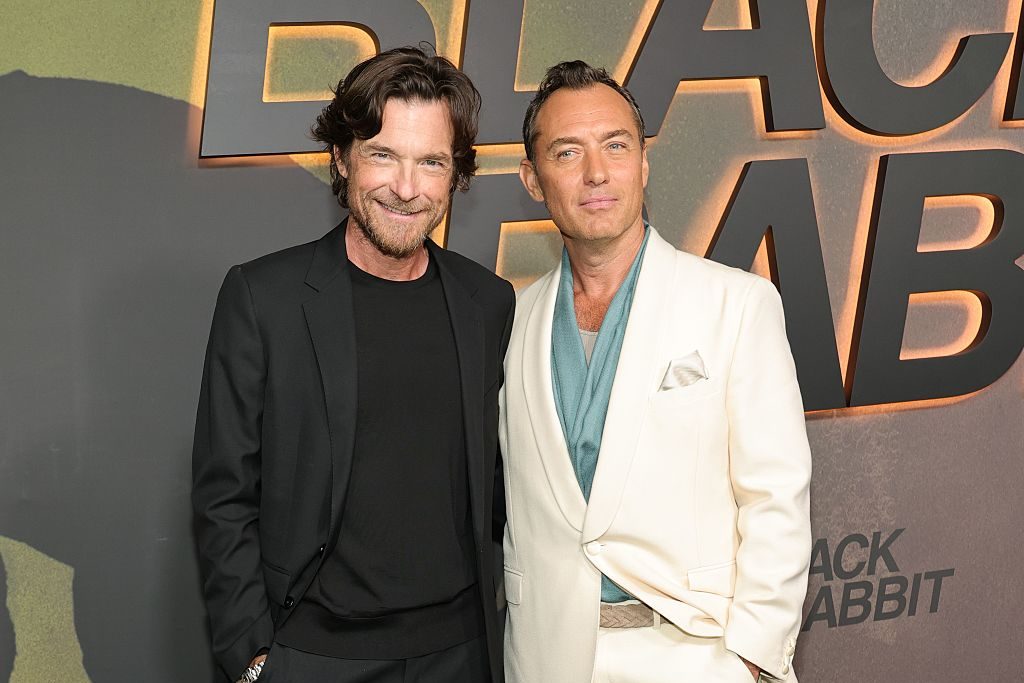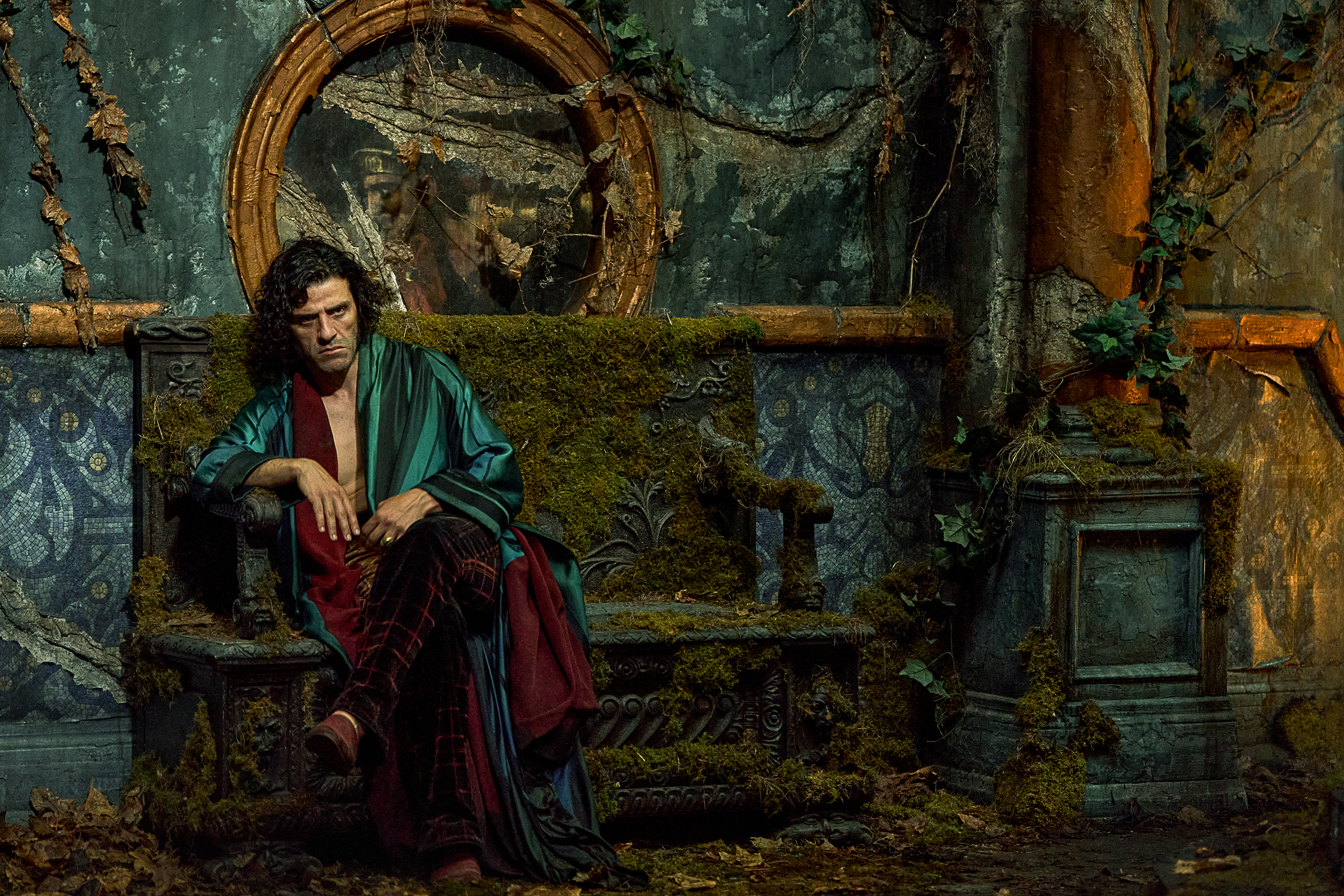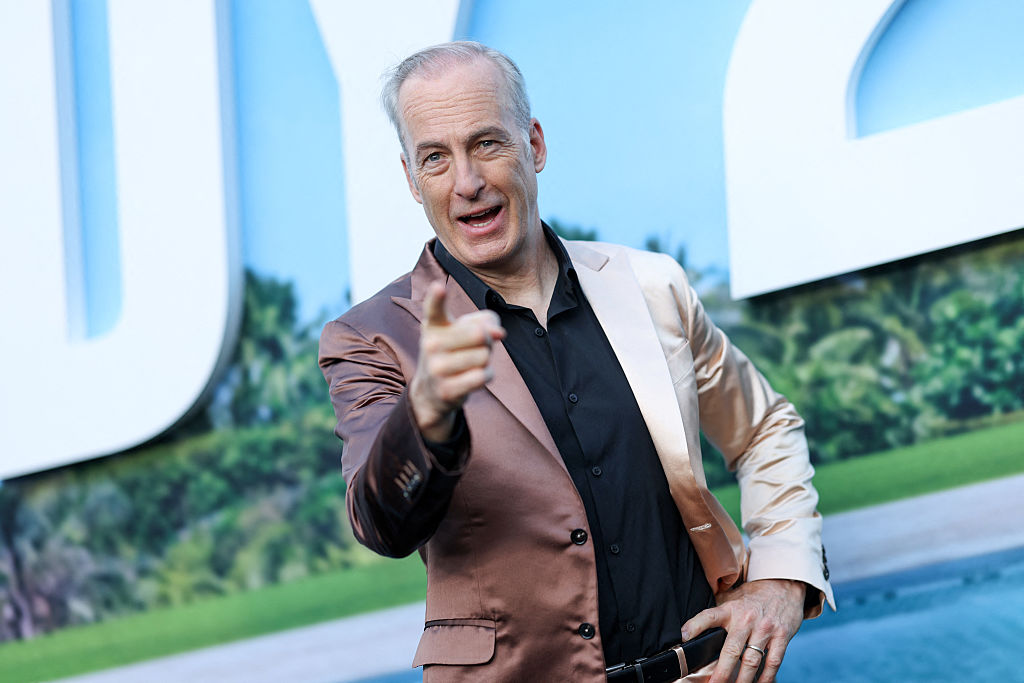When Bryan Cranston staggered on-screen in the opening scene of Breaking Bad in 2008, stumbling out of a crashed RV dressed only in his underpants, and addressed the camera with, “My name is Walter Hartwell White…to all law enforcement entities, this is not an admission of guilt,” he immediately changed perceptions of who he was as an actor. Previously, he was best known for being the goofy dad in Malcolm in the Middle, and despite some effective straight performances, most thought of him as a comedic performer, rather than the star of what became the most talked-about crime drama series since The Wire.
Jason Bateman would, one presumes, like to follow Cranston’s lead. He broke out in Arrested Development, in which he played the put-upon Michael Bluth, perpetually beset by the antics of his eccentric-to-insane family. Although the character was nominally the straight man, Bateman’s peerless comic timing saw him translate his television success to a decent film career, with good parts in big films such as Juno and Hancock. Yet he was usually cast as the lovable nice guy, playing the less interesting roles while his more eccentric co-stars walked away with the pictures.
The first real attempt on his part to escape this typecasting was in the crime drama Ozark, in which he played a financial advisor who finds himself laundering money for a Mexican drug cartel. Not only did Bateman manage to find nuance and interest in the part of Marty Byrde, using his natural charm and charisma to perverted ends, but he also demonstrated an aptitude for directing, helming several episodes and winning an Emmy for his work on “Reparations.” Moving to the darker side clearly agreed with Bateman, because he was a spookily effective villain in the otherwise ephemeral Taron Egerton airport thriller, Carry-On, delivering pep talks to the protagonist even as he makes his life hell.
It’s unsurprising, then, that in the new Netflix crime series Black Rabbit, Bateman – who directed the opening two episodes – has seized upon the chance to explore his inner nefariousness. He plays Vince Friedken, who initially appears to be nothing more than a small-time scam artist, trying to sell some (presumably stolen) coins to a pair of thieves who swiftly rob him in turn. Vince might look like a hobo, all long hair and straggly beard, but he’s far smarter than he looks: disposing of one of the thieves, he hot-tails it to New York, where he meets up once again with his estranged brother, Jake (Jude Law), the successful owner of a bar-club-restaurant named Black Rabbit.
Zach Baylin & Kate Susman’s drama might not be wildly original, but it at least offers some novel twists on formula. Much of the tension in the first episode does not revolve around violence and betrayal, but about what the New York Times restaurant critic will make of the food at Black Rabbit. Vince isn’t simply a deadbeat junkie but a talented and once-successful restaurateur who was waylaid by the pharmaceutical stimulants that one too many ambitious and successful men ensure. And Jake, shown in the tense opening scene being confronted with an armed robbery at the restaurant, is clearly hiding his own secrets underneath his suave exterior.
How this resolves itself over the eight episodes plays out partially as you’d expect and partially in new ways. It’s a novel touch, for instance, to have the crime lord Vince played by the deaf actor Troy Kotsur (an Oscar winner for Coda who has not been seen on screens often enough since) and even if the restaurant business stuff feels post-Bear in its machinations, it is at least engaging. All of which means that all the bad men waving guns and shouting – and foot chases through the seedier parts of New York – do at least have a touch of freshness to them: appropriately enough, given the Black Rabbit’s culinary stock-in-trade.
But this is, again, Bateman’s show. Now 56, and with a misspent youth (which he once described as being “like Risky Business for ten years”) firmly behind him, he has an interestingly weathered face that makes him stand out from his more Botoxed peers. Law does what he does very well, but it is his co-star who stands out, bringing depth and humanity to what might have been a thin part, and ensuring that Black Rabbit is very much worth catching.


























Leave a Reply